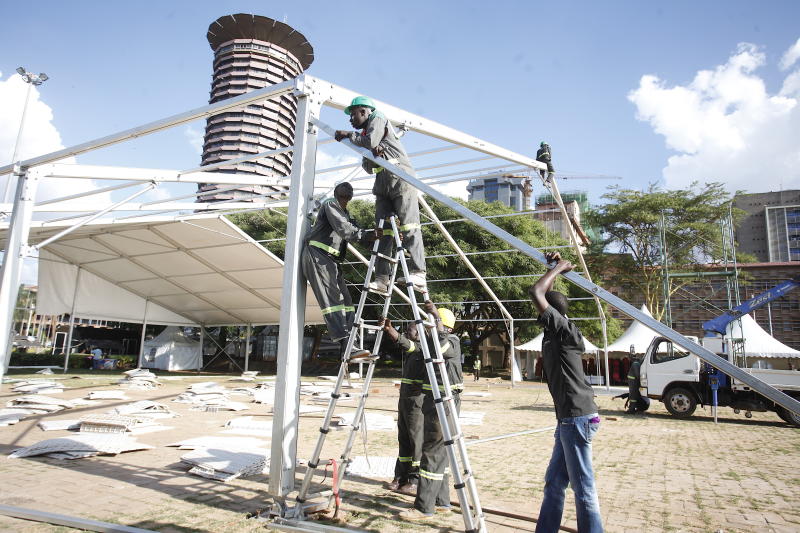×
The Standard e-Paper
Fearless, Trusted News

The Government is this week the proud convenor of the first global Sustainable Blue Economy Conference (SBEC).
Canada and Japan embraced this bold initiative by an upcoming African nation. The two are our dependable co-hosts of the conference.